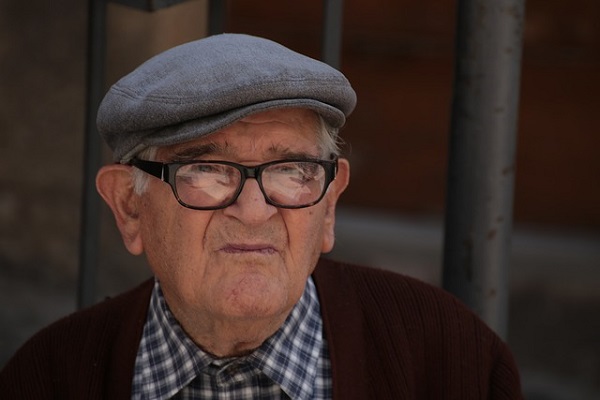It does not matter whether you are 65, or 75+. Falling or a risk of some injury is imminent, especially when you are alone at home.
The question uppermost in one’s mind is — what if you are not able to reach the telephone, or mobile phone, during a fall, or in such an eventuality?
This is nothing short of a fear syndrome which is more intense in senior citizens. Negative as the thought is, it can cause a decline in health, and bring about a state of self-isolation.
The best thing you can do is — try to be practical. Keep your apartment, or home secure. Safety does not cost you much — simple, economical measures like lock, or latch, and ‘how’ you can prevent spills and falls are handy. You would also need to think in terms of how to plan an escape route in the event of fire within your home, or in the housing complex.
You should have the emergency number of a nearby hospital, your doctor, ambulance, service and fire station ‘saved’ in your telephone, or mobile phone — you can summon assistance quickly. You need to also know how to prevent kitchen fire from spreading, and know how to quell fire with an extinguisher. If you have a close circuit camera and hi-tech safety system in place, excellent — if not, never ever open the door to strangers. Another inexpensive idea is a ‘panic button’ which can alert your neighbour and the complex where you reside, in case of an emergency.
If you are, for any reason not comfortable, you could ascertain the visitor’s identity, and, at the most, communicate with the safety door, or grill, closed.
These concerns apply to day-to-day apprehensions outdoors too. Also, give good thought to, but don’t be obsessed with characters you think are ‘following’ you. They may be inconspicuous at times — watching you at malls, grocery stores and so on. If you sense something is not right, seek the help of the local law enforcement agency, or keep the local police in the loop.
Most important: have your home covered by insurance against theft, and other probable mishaps.
Before A Vacation
This, again, is important for senior citizens.
Well, there is no reason why senior citizens who have recovered from a major illness cannot have a welcome break, or nice holiday. All one needs to do is a bit of planning — to make the vacation a refreshing, rejuvenating experience.
There is nothing like a holiday, or vacation, to beat stress and/or a long ‘bored-to-the-bone’ feeling. Think of a majestic get-away — or, just solitude. Or, a time to read a good book, listen to your favourite haunting melodies, or follow a much-loved hobby.
You could think of any kind of vacation, provided it brings you rest and relaxation, novel experiences and energy. It should not be a source of stress and tension. This is one important factor that people with heart conditions, not necessarily disease, should consider. These people could certainly have fun, but they need to plan their vacation. Also, they should avoid climes with elevated temperatures and too much direct sunlight. The two make a dangerous combination on an aging skin.
If you have had a heart attack, or heart surgery, you need a minimum of six to eight weeks, before you plan a vacation. Also, you need your doctor’s okay on your condition. Your chances are brighter for a holiday, if you have gone through a cardiac rehabilitation programme, and are doing physical exercises. However, seek your doctor’s advice on what you can do, or not do, during your vacation, especially if you fancy going on a hike, or climbing a hill.
Things To Carry
You need to build patience. Train, or flight delays, car breakdowns, bad weather etc., are stressful. So also cancellations, at the last minute. As for those with health affections, more so heart problems, they should make it certain that there are competent medical personnel and facilities available at the destination. Carry your prescription and important health/medical reports with you — if your doctor knows someone in the same specialty in the town, or resort, so much the better. Have a note from your doctor in place. Also, include your insurance information and carry your pacemaker [if you have one implanted], also card that mentions the type of equipment and other details.
You have to build strength and also save your energy for having an enjoyable vacation. You should instruct the travel agent to arrange for a wheelchair, including special meals that take care of your dietary limitations.
Also, never ever discard heart-healthy eating habits — vacation is no excuse to invite risks.
Never forget to carry and take your medications at the appropriate time daily. Carry less baggage, the minimum you can manage with. Ask for a cart/trolley, if you need one — and, avoid lifting baggage without assistance.
Most importantly, use your common sense — and, make the best out of your vacation. Allow it to be a real period of rest and refreshing experience — not stressful consequence.

